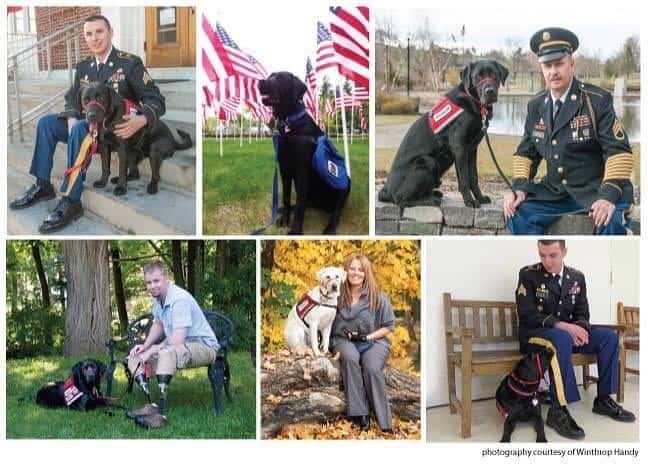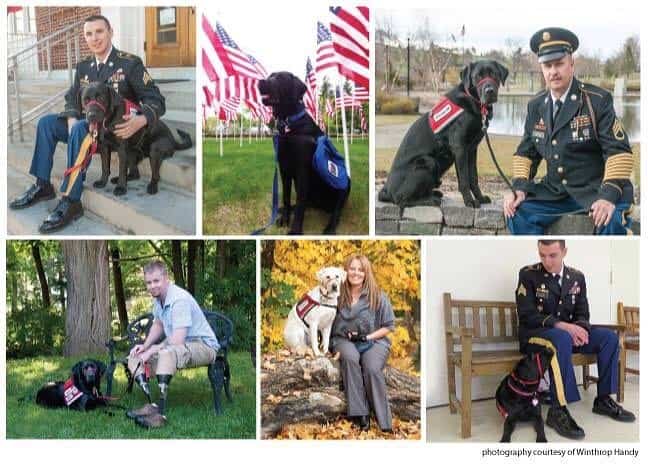Fortunately, in present times there seems to be much more awareness of late about Post Traumatic Stress Disorder or PTSD. While often thought of as a condition affecting combat veterans, PTSD can occur in any individual following a traumatic event or experience. In fact, PTSD symptoms in groups of soldiers' returning from the battlefield were often referred to as "shell shock" and thought to only result from combat experience. The following definition is from the Mayo Clinic, a leading American medical research/treatment organization:
Post-traumatic stress disorder (PTSD) is a mental health condition that's triggered by a terrifying event — either experiencing it or witnessing it. Symptoms may include flashbacks, nightmares and severe anxiety, as well as uncontrollable thoughts about the event.
The timing of this post stems from 6/27 being National PTSD Awareness Day. It wasn't until 2010 that the US Senate designated the day, going on to declare June PTSD Awareness month in 2014. Having had some experience with this topic, I thought I had a pretty good understanding of PTSD, but was truly amazed to see its' prevalence in current times. Recent statistics found that across a person's' life, a 6.8% chance of experiencing PTSD exists. Typically, women are twice as likely to live with PTSD, often as the result of sexual trauma. The department of Veterans Affairs estimates that 30% of Vietnam and 14% of the Gulf Wars' veterans are afflicted.
Treatments
Living with PTSD is certainly challenging, but it is important to note that many effective treatments have been found. Of course, any traumatic event can alter the production and flow of neurochemicals, and medication is often helpful. Ultimately a therapeutic team will decide on the best treatment plan. The following treatment methods have shown evidenced-based promise: Cognitive Processing Therapy, Prolonged Exposure Therapy, Eye Movement Desensitization and Reprocessing, and Stress Inoculation.
Service Dogs
I can't end a post on PTSD without mentioning the amazing support service animals can provide a handler. Our RAWZ Fund Partner NEADS, has long worked with the VA, even having performed in-services at VA facilities. Recognizing the power dogs can have in helping veterans navigate life with PTSD, NEADS has developed a special program called Service Dogs for Veterans with PTSD (https://neads.org/service-dog-programs/service-dogs-for-veterans/service-dogs-for-veterans-with-ptsd/). Some of the specific tasks Trauma Assistance Dogs help with are: retrieving medication, turning on lights and waking handler during night terror (flashback), guiding handler home during moment of emotional overload, or initiating tactile intervention of panic episode.
I hope this post provides a little glimpse into one of the often invisible, and unfortunately stigmatized challenges faced by many living among us. While I've never had a trained Trauma Assistance Dog myself, I can certainly vouch for the power of pets in a time of need!


